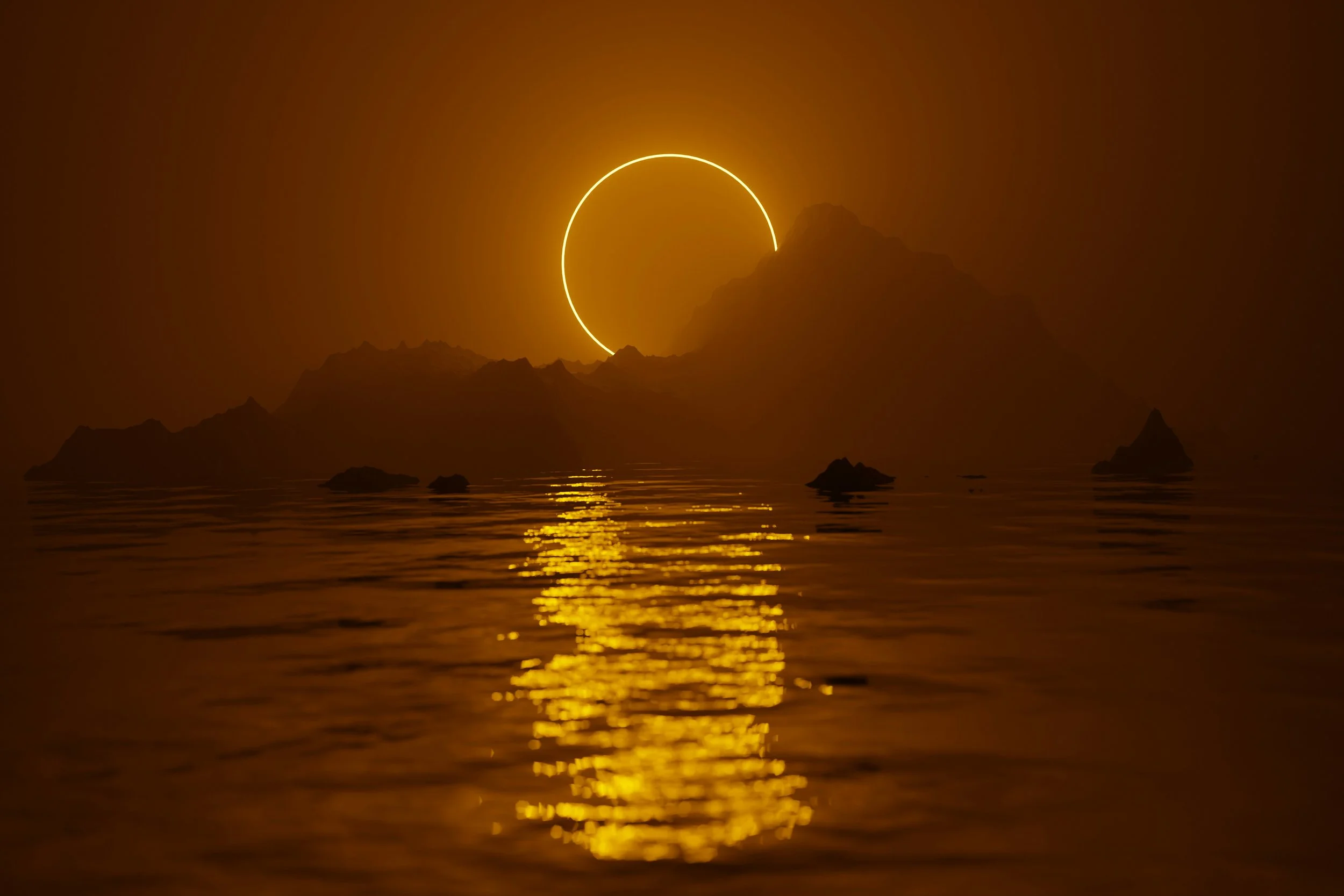The Science of Eclipses Explained for Young Explorers
Photo by Jongsun Lee on Unsplash
Hey there, Wild Child adventurers! Get ready to mark your calendars for April 8th, because we have a celestial spectacle in store – an eclipse! But not just any eclipse, this one's going to be a show in the sky that you won't want to miss. Let's dive into what an eclipse is and the science behind it, in a way that's fun and easy to understand.
What's an Eclipse?
An eclipse happens when one heavenly body moves into the shadow of another. There are two types we usually talk about: a lunar eclipse and a solar eclipse. A lunar eclipse occurs when the Earth comes between the Sun and the Moon, casting a shadow on the Moon. A solar eclipse happens when the Moon passes between the Earth and the Sun, blocking the Sun's light.
The Science Behind Eclipses
Imagine you're playing outside with a flashlight, a basketball, and a tennis ball. If you shine the flashlight on the basketball, and then you move the tennis ball between the flashlight and the basketball, the tennis ball casts a shadow on the basketball. That's similar to what happens during a solar eclipse, with the Sun as the flashlight, the Moon as the tennis ball, and the Earth as the basketball.
For a lunar eclipse, the order is a bit different. This time, the Earth is in the middle, like someone walking in front of the flashlight, casting a shadow on the basketball (the Moon) behind you. The Earth's atmosphere can make the Moon look red during a lunar eclipse, which is why it's sometimes called a "Blood Moon."
Why Eclipses Are Special
Eclipses don't happen every day, which makes them special. They require the Sun, the Moon, and the Earth to be in just the right alignment, which only happens a few times a year. Plus, seeing the Moon change color or watching the Sun disappear and reappear is pretty amazing!
Staying Safe During an Eclipse
If you're planning to watch a solar eclipse, it's super important to protect your eyes. Looking directly at the Sun can hurt your eyes, so you need special eclipse glasses or a solar viewer. For a lunar eclipse, no special equipment is needed; you can watch it with your eyes, binoculars, or a telescope.
So, grab your calendar and circle April 8th! Get ready for an adventure that's out of this world. Stay curious, ask questions, and keep exploring, because the sky's not the limit; it's just the beginning.


